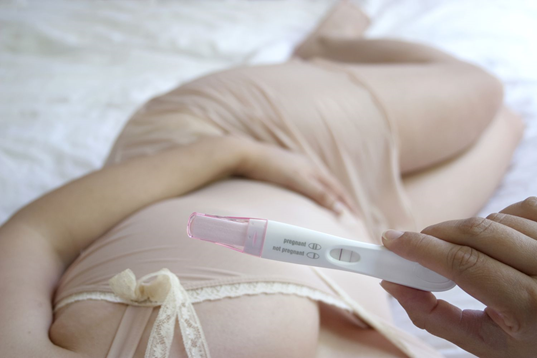A healthy, natural period blood may vary in color and consistency. But oftentimes, it ranges from red to dark brown. But what about watery period blood? This can be caused a number of factors. Here are the common reasons why you might get watery period blood.
Fluctuating Hormone Levels
Hormonal imbalances can change your period blood production. Estrogen and progesterone hormones contribute to the thickness of the uterus linng. And the changes in levels of these two can make the lining thinner or thicker. Thin uterine lining means your period blood becomes more watery.
Dehydration
This can change the thickness of your period blood. Dehydration can make the blood thin. Drinking enough water can greatly affect the density of different body fluid. And this includes your menstrual blood.
Uterine Health
There are certain health conditions that affect the uterus. For example, fibroids are not dangerous. Still, this can affect the thickness of lining. Thin lining of the uterus could lead to watery period blood.
Infection
This can cause an inflammation in the uterus. This changes the consistency of the period blood. Inflammation can affect the thickness of the uterine lining. When the lining gets too thin, this makes the period blood watery.
Early Pregnancy Problems
Is watery period blood sign of pregnancy? It could be. However, this is often a complication during early pregnancy. Watery blood may also be caused by a miscarriage. If you are pregnant and have sudden watery blood, get checked by a doctor. Never disregard this early pregnancy complication. It can be an early sign of a complication.
Watery Period Blood: When to See a Doctor?
There are several reasons for watery period blood. To find the exact reason, diagnostic tests are done. Blood work or imaging tests might be required. Every womans’ situation is unique. Many factors must be considered when talking about healthy menstrual blood.
Watery period is not often a cause for concern. Yet, it is still best to talk to your doctor if you have worries. Doctors can help evaluate the cause of your period problems. If you are pregnant or trying to conceive, get checked by a doctor, especially if you are experiencing other symptoms.
Women should give important to their reproductive health. Get regularly checked by your OB-GYN. Do not be afraid to tell your doctor any signs or symptoms that may be bothering you. Remember that prevention is always better than cure.











